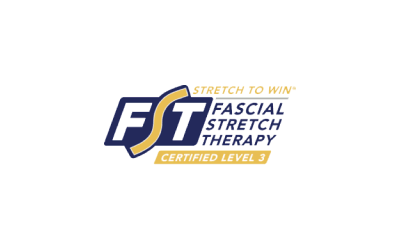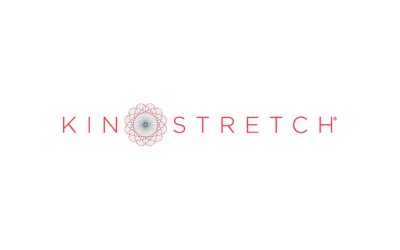The Longevity Edge: How Joint Health Fuels Performance in Life and Movement
We often hear about the importance of strength, endurance, and discipline when it comes to feeling and performing at our best. But what if the real key to long-term movement health isn’t found in brute force or sheer willpower? What if it lies in something far more fundamental—your ability to move well, pain-free, for as long as possible?
The Link Between Joint Longevity and Movement Freedom
Your joints are the silent enablers of every movement you make. From working at a desk to training in the gym, from playing sports to simply enjoying daily life, how well you move dictates how well you feel. When joint function is compromised, everything suffers—mobility, energy levels, resilience, and ultimately, your ability to stay active and do the things you love.
Longevity isn’t just about avoiding injuries—it’s about ensuring you can continue doing what you enjoy for years to come. Whether it’s keeping up with your kids, staying strong in your workouts, or feeling confident in your movement, joint health is a critical factor. Stiffness, discomfort, and limited mobility don’t just affect exercise—they impact everyday life and your overall well-being.
Movement Health: The Missing Link in Staying Active and Strong
Many people focus on fitness or strength training but overlook the foundational role of movement quality. Strength without mobility is like a high-performance car with locked-up suspension—eventually, something’s going to break.
Optimizing movement health means prioritizing:
Controlled Articular Rotations (CARs): Keeping joints nourished and mobile through full-range movement.
Progressive Mobility Training: Developing active control and strength at end ranges to build resilience.
Prehabilitation Practices: Addressing weak links before they become injuries, ensuring long-term durability.
This isn’t just about preventing injuries—it’s about unlocking untapped potential. Better movement efficiency translates to increased strength, power, and endurance. It means being able to train harder, recover faster, and move through life with greater ease and energy.
Why Joint Health Matters for Everyday Life and Longevity
Sustaining an active and pain-free lifestyle requires consistency, adaptability, and resilience. Chronic pain or movement restrictions create a silent tax on energy levels, draining motivation and limiting the activities you enjoy.
A well-functioning body fosters a sharper and more engaged mind. When you feel strong, mobile, and pain-free, your confidence increases, your stress resilience improves, and your ability to fully participate in life sharpens. Whether you’re training for performance, staying active for longevity, or simply wanting to feel better every day, taking care of your joints is non-negotiable.



